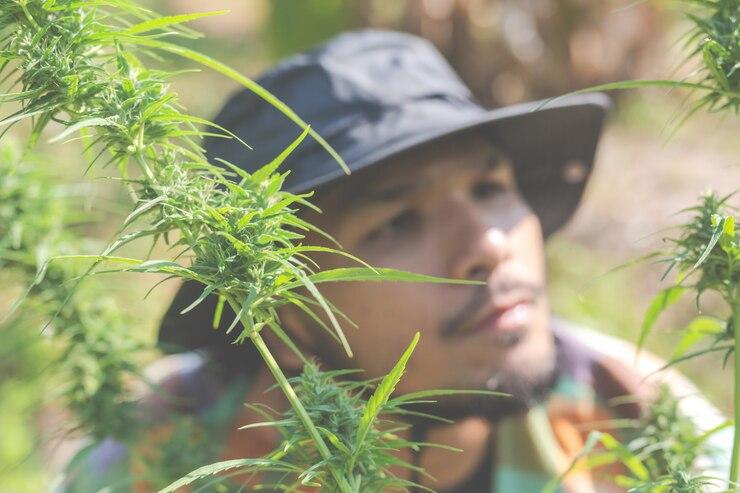Notifications

4 minutes, 11 seconds
-13 Views 0 Comments 0 Likes 0 Reviews

Spain has emerged as a unique player in the global cannabis conversation. Unlike many other countries, Spain has adopted a somewhat ambiguous yet tolerant stance when it comes to marijuana use. While recreational use is not technically legal, it is also not strictly criminalized, creating a legal grey area. The most distinctive feature of spain cannabis laws is the country’s approach to private consumption and cultivation, which has given rise to the widespread phenomenon of the cannabis club.
To understand Spain cannabis laws, it’s important to recognize the key distinction between private and public spaces. In Spain, private consumption of cannabis is not criminalized. Adults can grow and use cannabis in private spaces, provided it is for personal use. However, public possession, consumption, or trafficking remains illegal and can result in fines or legal consequences.
The sale of cannabis is also prohibited, but the private cultivation and sharing among members in a non-profit setting have found a legal foothold. This is where cannabis club culture comes into play.
A cannabis club is a private association where registered members can collectively grow and distribute cannabis for personal use. These clubs operate under a cooperative model and are governed by strict membership policies. Members typically pay a fee to cover the cost of cultivation and club maintenance, but no direct sales are made, ensuring compliance with Spain cannabis laws.
The first cannabis club in Spain appeared in the early 1990s, and since then, hundreds have opened—especially in regions like Catalonia and the Basque Country. Barcelona, in particular, has become a hub for cannabis tourism thanks to its high concentration of these clubs.
To join a cannabis club, an individual must meet certain conditions:
Be at least 18 years old (some clubs require members to be 21).
Have a Spanish address or local residency.
Be invited by an existing member.
Most clubs require a waiting period and limit the amount of cannabis distributed to each member per month, ensuring that distribution aligns with personal use rather than resale.
The legal ambiguity of Spain cannabis laws has sparked ongoing debate. Advocates push for clearer regulation and national policies, while critics argue that the current system can lead to abuse or exploitation. In 2021, the Spanish government showed signs of considering formal medical cannabis legislation, signaling potential changes on the horizon.
For now, cannabis club culture continues to thrive within the loopholes of the law, offering a unique model that balances decriminalization with community responsibility.
Spain’s cannabis approach offers a fascinating middle ground between prohibition and legalization. Through the cannabis club model, the country allows responsible adult use within a private and controlled environment. While the future of Spain cannabis laws remains uncertain, the current system has become a defining part of Spain’s progressive stance on personal freedoms and public health.

